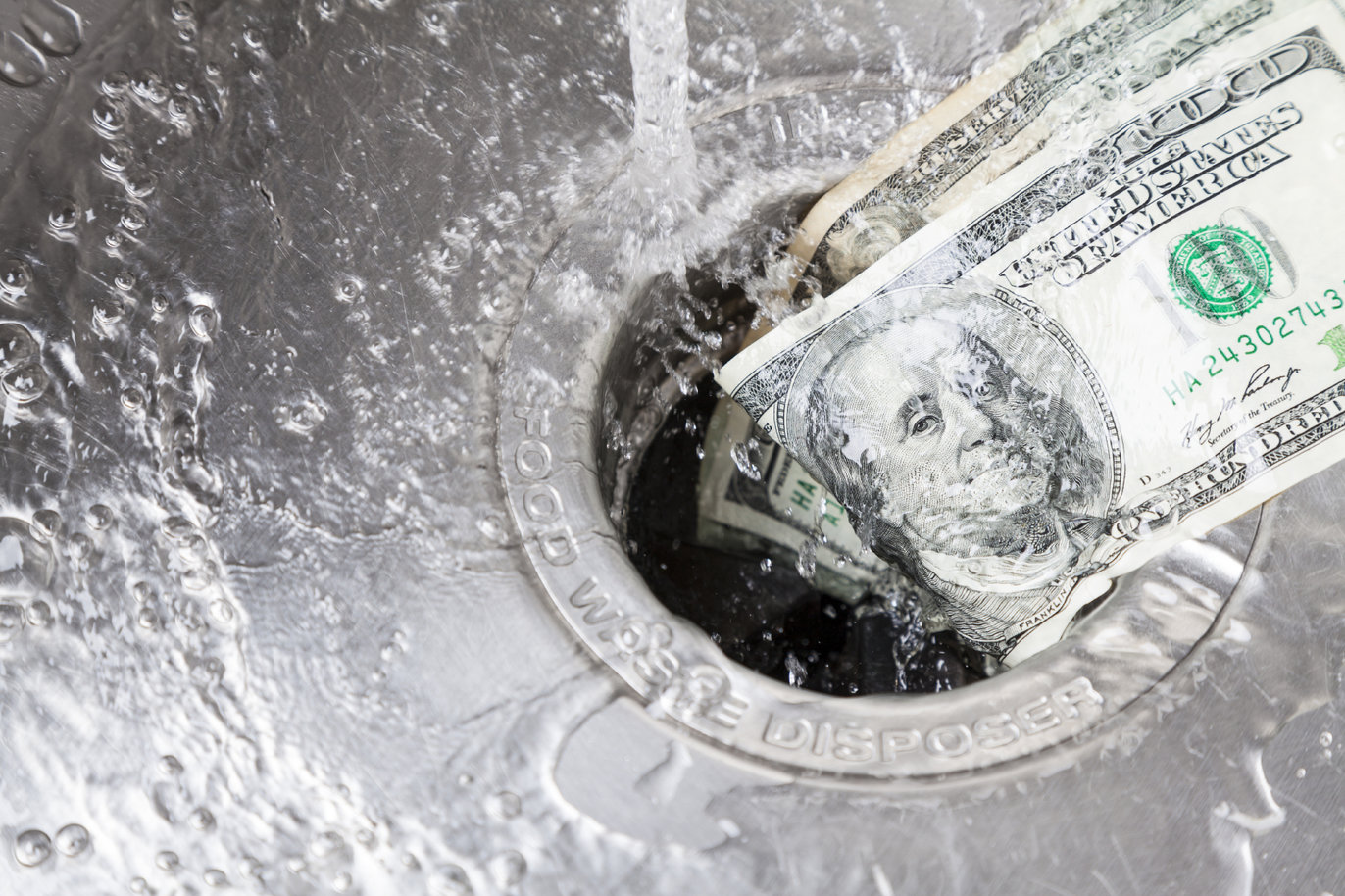
It’s no secret that an HVAC system is an investment very similar to a car. They come with a pricetag on them. Most of them (excluding the cost of labor and markup charged by your contractor) run anywhere between $2,500 and $5,000. So, it goes without saying, to most consumers, it is an investment that one would want to get a good return on. Just like with your car, regular maintenance is key to getting the most “mileage” out of your heating and air conditioning system. We all have been known to put off maintenance and replacement on cars (and most do it for their HVAC systems, too), until something breaks and we have absolutely no other choice. But, like neglecting a car, the service calls (or garage visits), repairs, and total replacement can run a huge bill. But, there is an added cost to neglect that nobody thinks about… Let’s talk about it.
According to the US Energy Information Administration, heating and cooling accounts for nearly half of energy used in US homes, and 17% of home energy expenditures (sources: https://www.eia.gov/todayinenergy/detail.php?id=10271. https://www.eia.gov/todayinenergy/detail.php?id=36692) We’ll come back to this in a second, but first, let’s look at the energy usage costs for a healthy unit.
Depending on certain variables such as climate, efficiency rating, etc, HVAC systems have a certain cost it takes to run per year. For example, South Carolina is a part of climate zone 3, which is a mixed humid climate. We have humidity and lots of moisture. But, we also get cold now and then. Say you have a 13 SEER (Seasonal Energy Efficiency Ratio) system. It costs an estimated $251 per year to run on average in the US, but that number varies based on climate and usage. We have a longer cooling season in our area, meaning we run our systems more, which makes for higher expenditures on HVAC. If you are curious how much your system is costing you to run, visit https://www.homeadvisor.com/cost/heating-and-cooling/#energy . To see a map of the climate zones, https://www.researchgate.net/figure/US-map-of-ASHRAE-climate-zones_fig4_268148886.
Just like your vehicle requires a tire rotation and oil change every 3,000 to 5,000 miles, your air conditioner needs it’s coils cleaned and filters changed (filters should be changed monthly though). According to energy star, an accumulation of .042 inches of dirt buildup on coils can affect your system’s efficiency by 21%. According to a study by Texas A&M University, just an eighth of an inch of dust buildup on the blower can reduce airflow by up to 30% which affects efficiency. Dirty filters can also slow airflow and cause the system to run longer, using more energy and further driving up your power bill.
Procrastination when it comes to maintenance is not only costly when it comes to your energy bills, but it can put you and your family at serious risk. Part of preventative maintenance is to check the wiring connections to ensure they are not faulty, which of course, will lead to fires if not found and corrected. If you heat with a gas furnace, especially if it is older, rusted or cracked heat exchangers can also run the risk of fire and carbon monoxide exposure. Clogged condensate (drainage) lines and overflowing drain pains can leak and cause water damage.
So, to sum it all up nicely, it is a very good idea to consider either signing up for a maintenance contract or to book a tune up if you have not had your system serviced in a while. (We can do both for you. Just call on “The Team You Can Trust” at 864-578-7575 or shoot us an email, DM us on facebook/twitter or you can submit a request right here on our website!) And one last helpful tip for you: if your unit is more than 15 years old, you may be better off just replacing it. Newer equipment is safer and much more energy efficient and can reduce your energy consumption by up to 20-50 percent, meaning you’ll see a savings of hundreds on your energy costs per year.